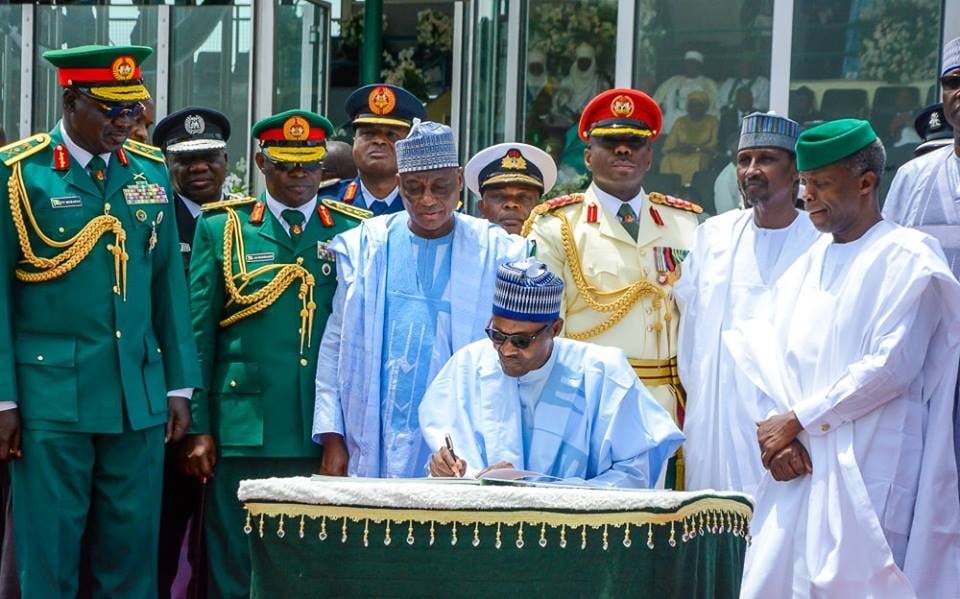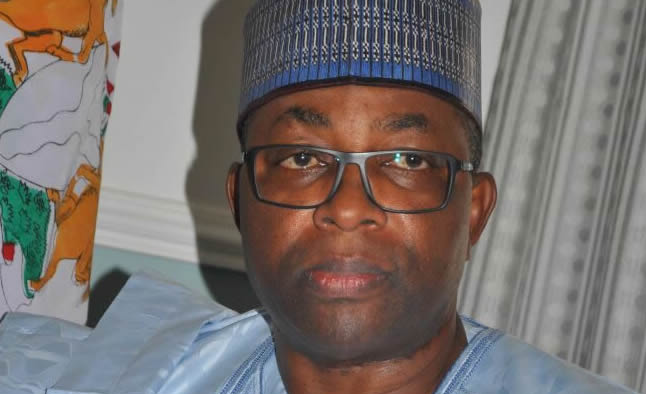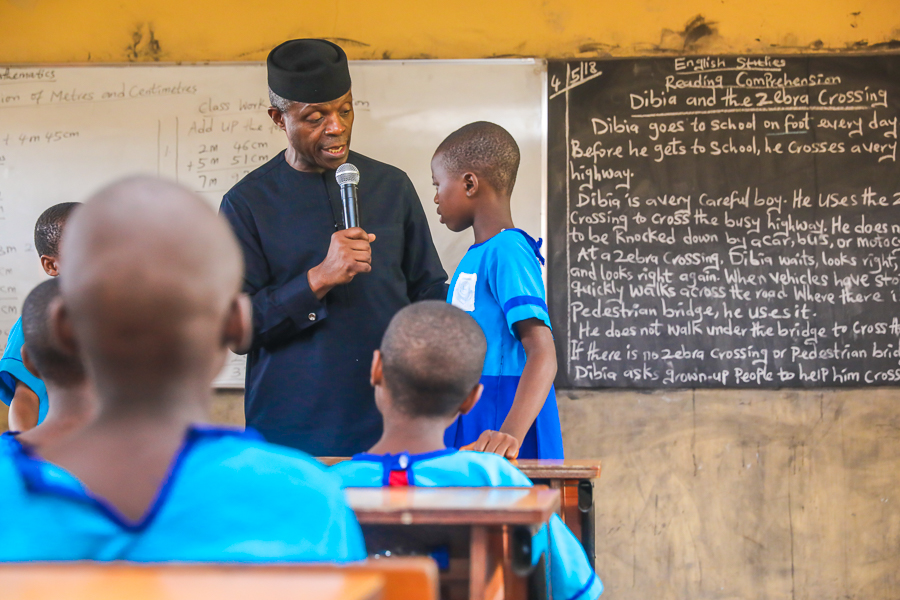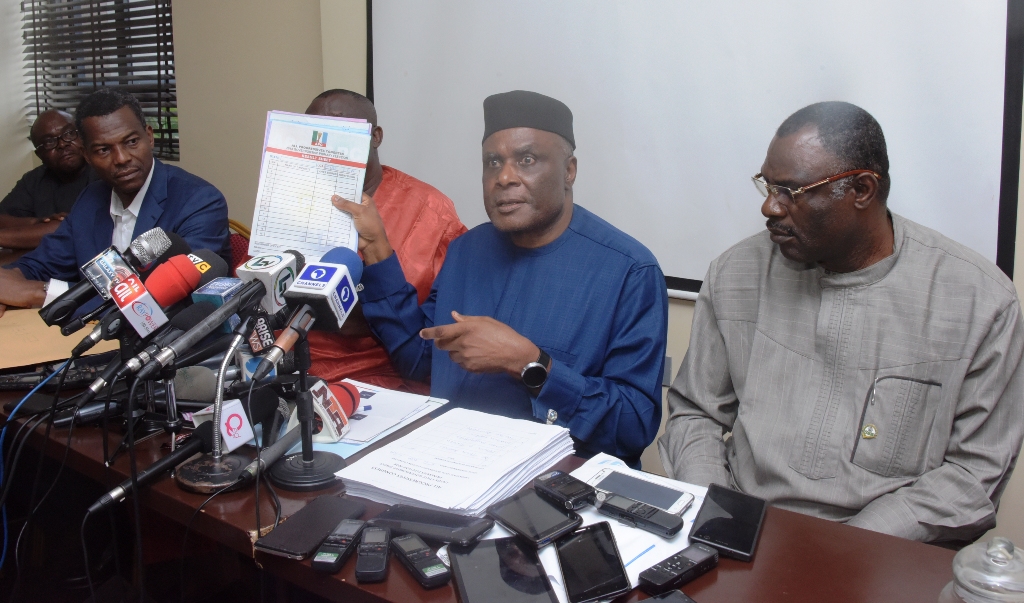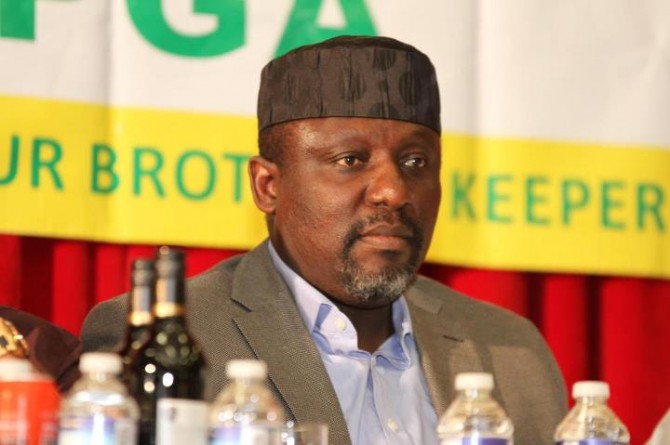For someone who became deaf and blind at 19 months, the late American political activist and intellectual, Hellen Keller, stood in a good place to lecture the world about optimism.
Years after she defied her handicaps to become a political and leading campaigner for women’s suffrage, labour rights, socialism and such other interests, Keller offered the world the following words on the idea of optimism: “Optimism is the faith that leads to achievement. Nothing can be done without hope and confidence.”
Of course, that Keller would say that should be little wonder. Denied of two of the vital senses that make living meaningful, only a passionately positive attitude could produce the magic that this lady’s life turned out to be. Optimism worked for her as it has worked for men and women all through the ages. Yet, this principle, like most others fed by the psychology of men, could be a double edged sword.
For instance, Nigerians are some of the most positive people in the world, yet the country has remained an uninspiring example of what a modern nation state should not be. So, while optimism is a commendable attribute, exercising it without reason and moderation could lead to a potentially harmful denial of reality and pain.
Advertisement
Things are a bit worse in Nigeria because the people’s optimism is not necessarily borne out of any obvious strategy to arrive at the future that the people anticipate. Most of the time, the excessive hope expressed by Nigerians is based on some unseen spiritual convictions rather than concrete and infallible proofs of actions that change the fortune of nations.
That is not to say that there is anything wrong with being spiritual but the truth is that religion itself recognises the place of work and reward. Every religion is guided by a set of principles by which its adherents could access the blessings that it promises them and it would be foolhardy to hope for reward when work has not been done.
A good example is the Christian proclamation that salvation is free while that is not exactly so. It is free to the extent that someone had paid for it with his shed blood ahead of beneficiaries. And that is the same way that great nations are built. The vision of founding fathers and the disciplined sacrifices that they make are the waters of the seeds of greatness that some countries can currently lay claim to. Such vision and discipline are plainly rare on the leadership landscape in Nigeria so you wonder what the pervasive hope that “it will be better” is anchored on.
Advertisement
Every waking day, Nigeria is reminded of its status as the nation with some of the worst developmental indices anywhere in the world. The country is said to have the highest number of the poorest of the poor in the world. This suggests that the majority of Nigerians are unable to feed three times daily, access affordable and quality healthcare or send their children to schools or aspire for any meaningful future.
Now, the country’s disposition to education is particularly worrisome. Every nation aspiring for greatness knows that education, which aids the expansion of the mind and vision of people and grows their capacities to identify right from wrong as well as understand the importance of peace, justice and fairness is an irreducible minimum demand for national development. But no one seems to pay attention to the needs of the nation in this area.
But for Governor Nasir el-Rufai of Kaduna State who launched a revolutionary reassessment of the quality of primary education in addition to seeking creative ways of improving the enrolment, retention and completion of basic education by Nigerian children, not much attention is being paid to the about 15 million children of primary school age who are out of school in the country.
The state of public health and the administration of health in general is as parlous as education such that you wonder how a people who do not care about planning for the education of their children or ensuring that its human capital is in good physical and mental well-being.
Advertisement
Neither do the activities of political leaders in the country suggest a break from these grim circumstances. Starting from the absence of the free atmosphere required for democracy to thrive, the Nigerian political class have turned the nation into an enclave for the achievement of their own selfish ambitions to the neglect of the people they claim to represent. Not even any of political divides they claim to associate with makes any difference.
The ruling All Progressives Congress has for the best part of the last couple of weeks been involved in multiple level muscle-flexing that has left the people more distraught than happy.
The leaders of today are redefining the essence of democracy through their win-by-all-means philosophy which subverts the will of the people and leave those who should work for the progress of the nation struggling for their own interests. Last week re-run of the governorship election in Osun State is a typical example of leadership forcing their will on the people and damning the consequences.
The Peoples Democratic Party, which has the opposition status, does not present any comforting alternative. Just last week, River State Governor, Nyesom Wike, threw caution to the winds and told the whole world in no uncertain terms that the PDP has remained a party where internal democracy is alien. His insistence on hosting the party’s national convention and threats of the fate that would befall the party in the event that the party did not toe his line suggested an ulterior motive that could be of no interest other than his own. Nigerians are therefore left with little or no option than to choose between the hard rock and the deep blue sea.
Advertisement
However, what is most pathetic in all of us is that the people who are at the receiving end of the treachery of the political class are themselves becoming collaborators in the perpetuation of their own suffering. The political class is bereft of ideas that would move the country forward and the people are contended with the crumbs fed them by their oppressors.
While it is the democratic right of every citizen to affiliate with political interests of his choice, a citizenry with the future in mind come together when issues that affect the development of their country is concerned. But not Nigeria. People of this country are too drawn by their partisan interests to come to a consensus about developmental issues. They are mostly star-struck spectators who cheer on their oppressors. You are then forced to wonder where the hope that Nigeria has a glorious future is hinged.
Advertisement
So, here is the truth, as it currently stands, praying, fasting and staying optimistic until thy kingdom come, will leave Nigeria in its state of development. The only prospect for a change is that the people wake up to their reality of the deprivations that binds them together in spite of their political and other affiliations, put the politicians to task and demand a change for the country with all their might.
Twitter @niranadedokun
Advertisement
Views expressed by contributors are strictly personal and not of TheCable.
Add a comment

